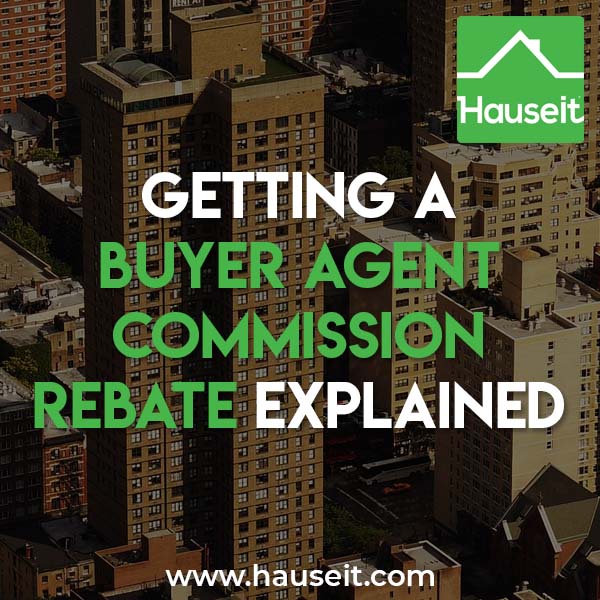Co-op Flip Tax Calculator
A Full Service Listing for 1%
Sell your home with a traditional full service listing for just one percent commission.
Learn More
Glossary
Flip Tax
A ‘Flip Tax’ is an informal term for an additional seller closing cost levied by some co-ops on sale transactions. Both the amount and formula for a Flip Tax vary by building, and it’s even possible for a condo to have a Flip Tax in NYC. A building may also amend, implement or remove a flip tax at any point by way of an owner vote. Seller closing costs in NYC are customarily higher for co-ops vs. condos because of the fact that most co-ops charge sellers a Flip Tax.
% of Sale Price
The ‘% of sale price’ format for a Flip Tax is calculated by multiplying the sale price by a predetermined percentage which varies by building. The typical range for a percentage of sale price co-op flip tax in NYC is 2% to 5%. That being said, some HDFC co-ops can have significantly higher Flip Taxes.
% of Profits
The ‘% of profits’ format for a Flip Tax is calculated by deducting the cost basis from the sale price and multiplying the result by a predetermined percentage which varies by building. Cost basis consists of the purchase price plus any qualifying capital improvements, closing costs or other factors deemed appropriate by the co-op board.
$ per Share
The ‘$ per share’ format for a Flip Tax is calculated by multiplying the number of shares assigned to an individual co-op apartment by a predetermined dollar amount per share. Since there is no relationship between the number of shares held by co-op apartments in different buildings, there is no average range for the ‘$ per share’ flip tax amount. That being said, most ‘$ per share’ flip taxes amount to no more than a few percentage points of a sale price.
Number of Shares
Each individual co-op apartment is assigned a number of shares by the co-op corporation. Larger units as well as more desirable apartments (higher floor, better exposure, etc.) typically have a higher number of shares assigned to them. Operating costs and assessments for a co-op are proportionally allocated to units based on the share count. It’s important to note that while share count may be analyzed between units in the same co-op, there’s no way to draw any meaningful conclusions from the number of shares assigned to units in different co-op buildings.
Cost Basis
Cost basis consists of the purchase price plus any qualifying capital improvements, closing costs or other factors deemed appropriate by the co-op board. Cost basis usually comes into play when a Flip Tax is based on the size of a seller’s profit as opposed to the sale price itself.
FAQ
How much is the average co-op flip tax in NYC and who pays it?
The average co-op apartment flip tax in NYC is 1% to 3% of the sale price, and it’s customarily paid by the seller. Exact flip tax amounts vary by building. A flip tax can be structured as a percentage of the sale price, a percentage of profits, a flat-fee or a per-share amount. A co-op’s flip tax is typically outlined in the proprietary lease, by-laws and/or the resale application.
Do condos in NYC have a seller flip tax?
Rarely. The vast majority of condo buildings in NYC do not charge a flip tax. Instead, some condos and all new developments charge buyers a capital contribution fee. The capital contribution fee is typically a few months’ worth of the apartment’s common charges, and it’s designed to help grow a building’s reserve fund.
How much are seller closing costs in NYC?
Seller closing costs in NYC are between 8% to 10% of the sale price. Closing costs include a traditional 6% broker fee, combined NYC & NYS Transfer Taxes of 1.4% to 2.075%, legal fees, a building flip tax if applicable as well as building and miscellaneous fees. Save up to 6% when selling through Hauseit’s Assisted FSBO Listing Service, or consider 1% Full Service for a traditional yet lower cost sale experience.
Is it possible to reduce my seller closing costs in NYC?
Yes. You can save up to 6% when selling through Hauseit’s Assisted FSBO Listing Service, or consider 1% Full Service for a traditional yet lower cost sale experience. It’s also possible to further reduce your seller closing costs through a Purchase CEMA if you’re selling a condo or house with an existing loan balance and the purchaser is financing.
How can I save money when buying a co-op in NYC?
You can reduce your buyer closing costs and save up to 2% on your purchase by requesting a buyer agent commission rebate through Hauseit. A rebate is a legal and non-taxable way to reduce your co-op buyer closing costs while receiving traditional, full-service representation from a seasoned buyer’s agent throughout the purchase process.






